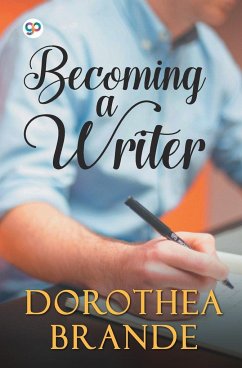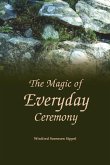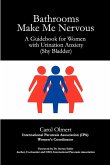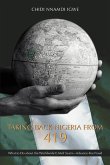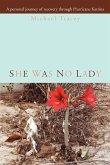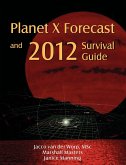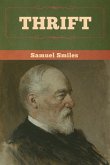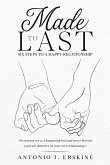Dorothea Brande's 'Becoming a Writer' remains evergreen decades after it was first written. Brande believed passionately that although people have varying amounts of talent, anyone can write. She also insists that writing can be both taught and learned. This is Dorothea Brande's legacy to all those who have ever wanted to express their ideas in written form. A sound, practical, inspirational and charming approach to writing, it fulfills on finding 'the writer's magic.'
Hinweis: Dieser Artikel kann nur an eine deutsche Lieferadresse ausgeliefert werden.
Hinweis: Dieser Artikel kann nur an eine deutsche Lieferadresse ausgeliefert werden.

